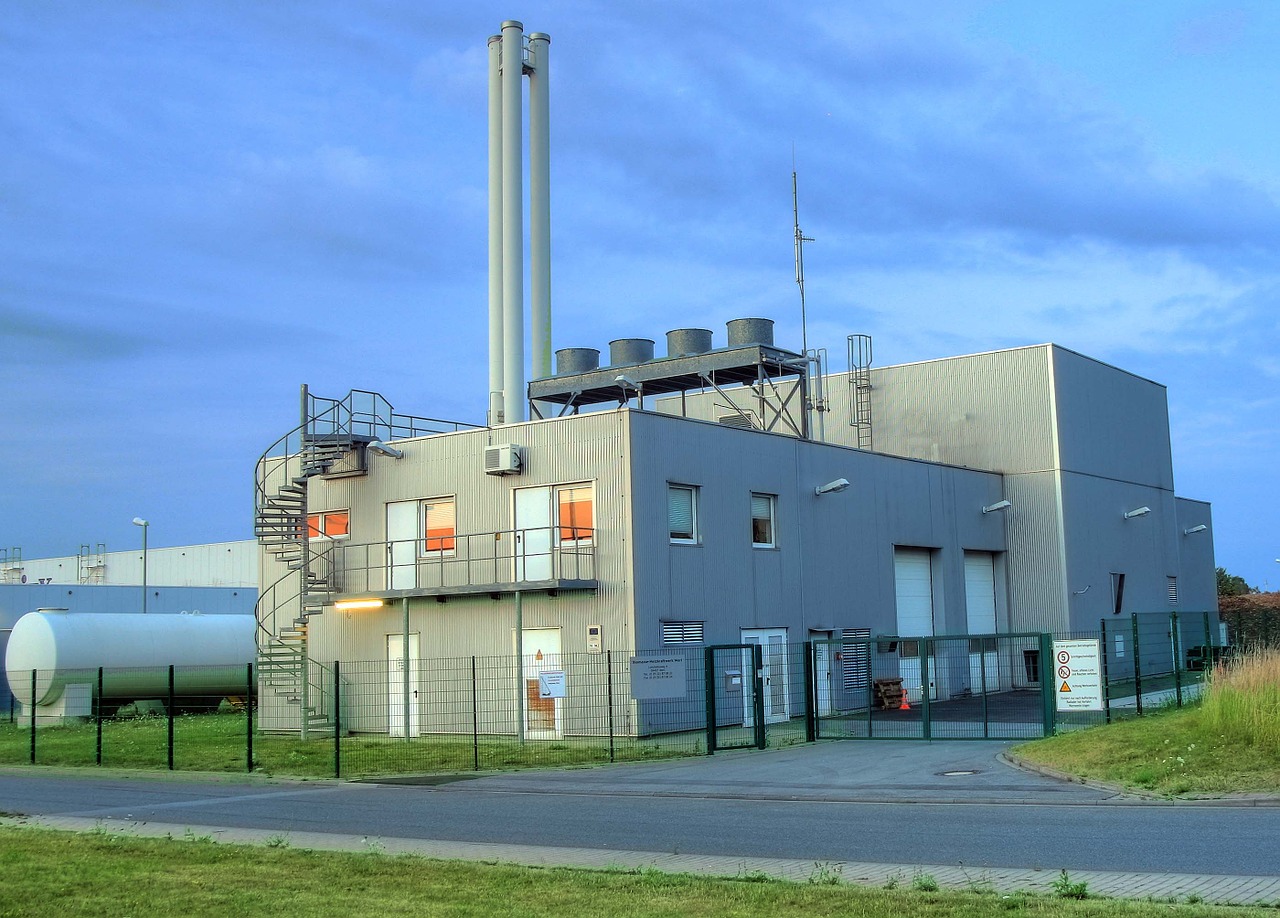Thorium: A Promising Core of Sustainable Energy in Indonesia
In the recent decade, the potential energy of new and renewable energy (EBT) has attracted the attention of the world’s leaders. Emissions of carbon created by burning fossil fuels are viewed as something that should be reduced as far as possible, and one method to do so is to transition to more ecologically friendly EBT.
Nuclear is one of non-carbon releasing power generation. To ensure energy security and nuclear energy sustainability (sustainability), the globe began to turn to thorium as a material fuels nuclear option in the late 1990s. Thorium is an element that, when absorbed by neutrons, becomes fissile U-233, which can be used as a material fuel in nuclear reactors to initiate a reaction cycle.
Indonesia’s future hopes are pinned on this new form of energy source. In Bangka, West Kalimantan, and West Sulawesi, the thorium content is predicted to be between 210,000 and 270,000 tons. The rare earth of thorium phosphate mineral monazite which contains roughly 12% ThO2, has the highest thorium concentration of any mineral. ThO2 is present in about 6 to 7% of the population on average.
Thorcon International Pte.Ltd. claims to be the first in the world to build Thorium Fueled Power Plant (PLTT) with a capacity of 500 Megawatts (MW). BATAN (National Nuclear Energy Agency) already has the technology to process thorium ore, including the separation of thorium from the mineral monazite. According to research from 2015, the country has thorium reserves of up to 130,974 tons, as well as uranium reserves of 74,397 tons.
Thorium’s potential as a key for new energy source and the core of the clean energy revolution has been an enticing notion for many years. Extracting nuclear energy in a cost-effective manner remains a challenge that will necessitate a significant investment in research and development. However, if the energy source is actually present within Indonesia’s soil, it is reasonable for this country to take advantage of its potential in order to ensure the country’s clean energy supply in the following decades, which ensures no damage to the environment or its people.
Share This Article



